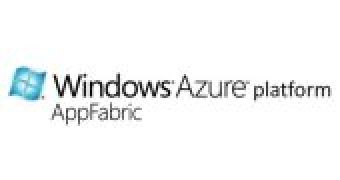Customers leveraging Windows Azure AppFabric have at their disposal resources designed to make it easier for them to build Single Sign On and centralized authorization into their web applications.
A CodePlex site is dedicated to providing samples and documentation for the Labs flavor of Access Control Service.
As developers currently building apps for Microsoft’s Cloud platform undoubtedly already know, the Labs release of ACS is designed to offer an array of new features compared to what is available in the first version of ACS.
ACS “works with most modern platforms, and integrates with both web and enterprise identity providers. This CodePlex project contains the documentation and samples for the Labs release of ACS,” reveals a description of the CodePlex ACS site.
According to the project, ACS v.2 comes with a range of new features and capabilities, including:
“- Integration with Windows Identity Foundation (WIF) and tooling
- Out-of-the-box support for popular web identity providers including: Windows Live ID, Google, Yahoo, and Facebook
- Out-of-the-box support for Active Directory Federation Server v2.0
- Support for OAuth 2.0 (draft 10), WS-Trust, and WS-Federation protocols
- Support for the SAML 1.1, SAML 2.0, and Simple Web Token (SWT) token formats
- Integrated and customizable Home Realm Discovery that allows users to choose their identity provider
- An OData-based Management Service that provides programmatic access to ACS configuration
- A Web Portal that allows administrative access to ACS configuration.”
The CodePlex ACS Samples and Documentation project is definitely worth exploring, especially since users are bound to come across from rather interesting resources.
For example, the site offers details on the error codes associated with ACS and then information on how to troubleshoot and fix some of the issues customers might encounter.
Again, this resource too is focused on Windows Azure AppFabric Access Control Service (ACS) v.2, offering info on error number, error message and fix suggestions for the following categories
“•Active federation protocol errors, including SOAP and WS-Trust
•OpenID protocol errors
•Facebook Graph protocol errors
•General security token service errors, including identity provider metadata
•Rules engine, data, and management service errors
•OAuth 2.0 protocol errors,” but also other errors according to Microsoft’s Alik Levin.

 14 DAY TRIAL //
14 DAY TRIAL //